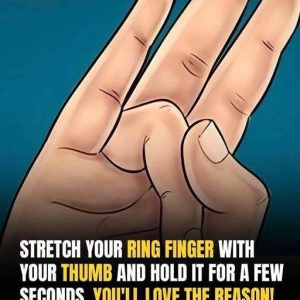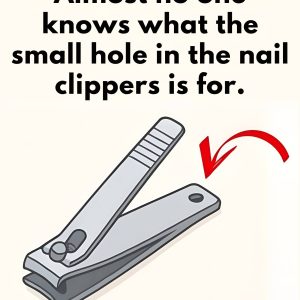Trypophobia, a fear of hole patterns, triggers feelings of disgust or fear when exposed to images like sunflowers, honeycombs, or sponges. First identified in 2005, it affects approximately 17% of people, with origins in anxiety disorders.
Causes and Associations: Experts theorize that the fear might stem from the brain associating hole clusters with danger. These patterns may trigger associations with venomous snake skin, tarantula eyes, or skin diseases, fueling the anxiety response.
Common Triggers: Sunflowers, honeycombs, and seedy fruits often induce trypophobia reactions. This anxiety disorder involves an irrational fear of hole patterns, unlike the general discomfort most people might experience.
Prevalence and Exposure Therapy: Studies reveal that one in six individuals grapple with some level of trypophobia. While the exact cause remains unclear, exposure therapy emerges as a potential method to manage repulsions associated with holey patterns.
Conclusion: Understanding trypophobia aids in recognizing and addressing this anxiety disorder. By acknowledging its prevalence and exploring therapeutic approaches, individuals can better manage their reactions to hole patterns.





